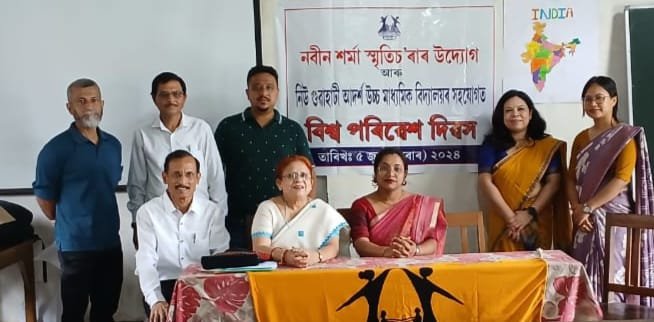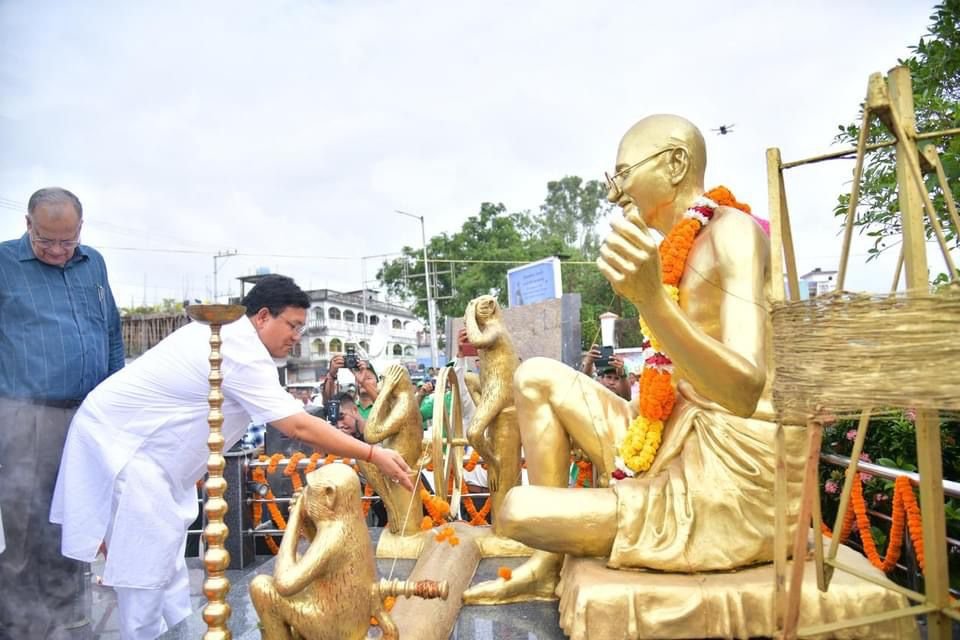HT Bureau
GUWAHATI, Nov 28: A feasibility study conducted in Dimakuchi, Udalguri district, on Wednesday has revealed promising opportunities for sustainable goat farming in the region. Under the guidance of Jayanta Kherkatary, CHD Cooperation, BTC, and with support from fellows of the BTR Development Fellowship Program, the study aims to elevate goat farming from traditional backyard practices to a structured, cooperative-driven enterprise.
The pilot project focused on Sekhar SS Ltd., a cooperative society with around 3,700 shareholders, to explore the viability of goat farming as a sustainable livelihood option. The findings indicate that the region’s climate and natural resources are ideal for breeds such as Black Bengal and Beetal. While Black Bengal is highly sought after in local markets, Beetal shows excellent potential for export. The availability of lush green fodder and access to a well-equipped veterinary hospital further strengthens the prospects for successful goat farming in Dimakuchi.
The study emphasises that if implemented effectively, this initiative could transform goat farming into a thriving, economically viable sector, directly benefiting numerous households in the region. The cooperative model proposed in the study seeks to create a scalable framework, ensuring inclusivity and long-term growth. The study offers a roadmap for developing goat farming as a major livelihood source in Dimakuchi, paving the way for rural development and economic self-sufficiency in the BTR.
This initiative aligns with BTC chief Pramod Boro’s vision of harnessing natural resources and promoting cooperative movements for sustainable development across the BTR. Speaking on the broader goals of such projects, CEM Boro has often stressed the importance of creating livelihood opportunities that empower rural communities and contribute to regional economic progress.












